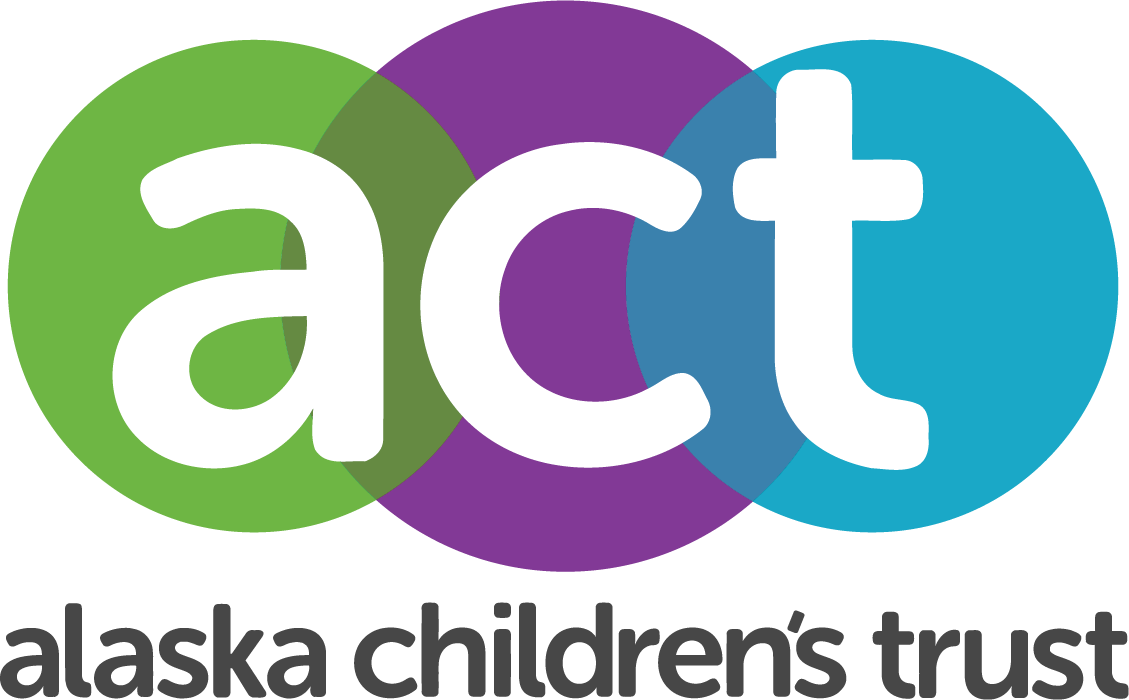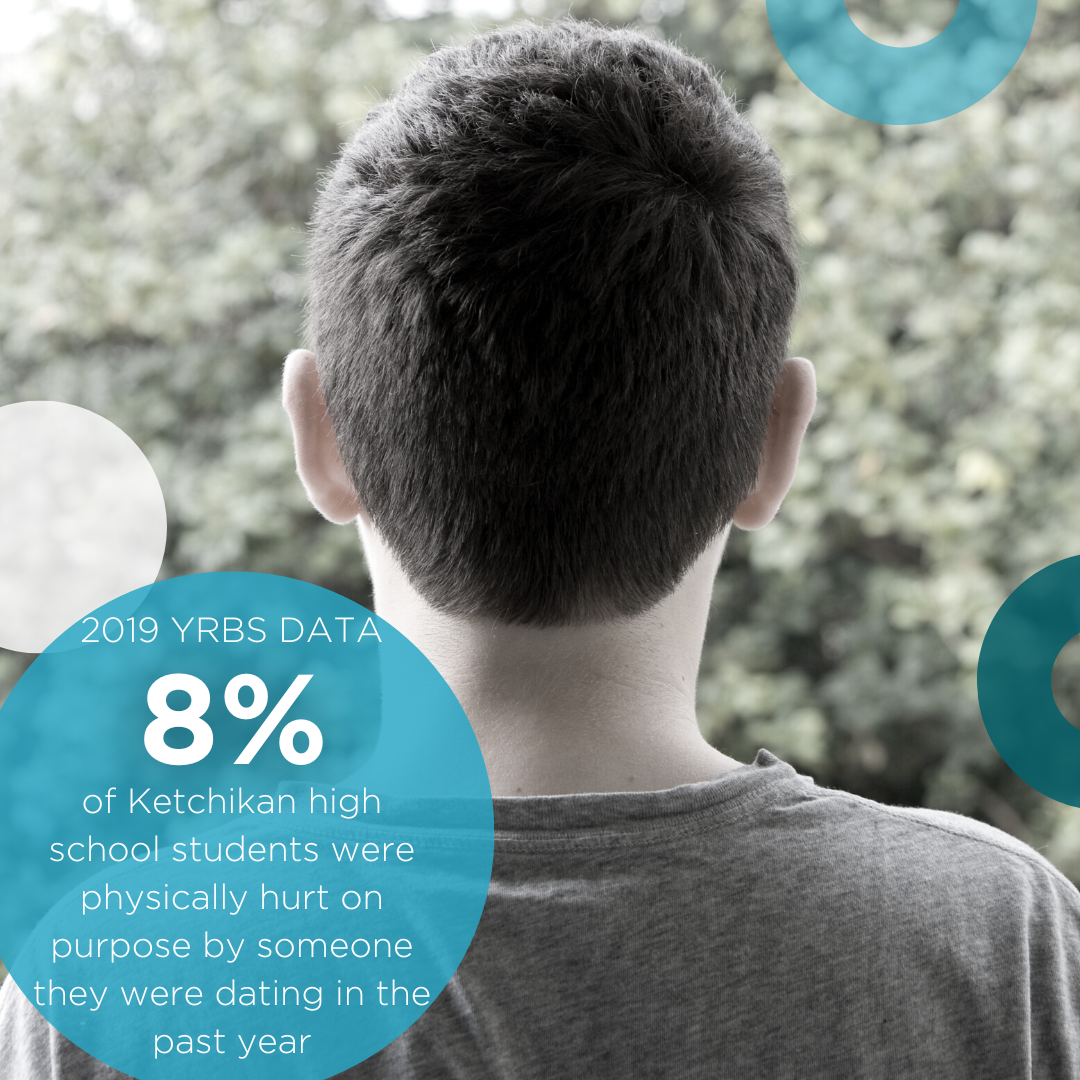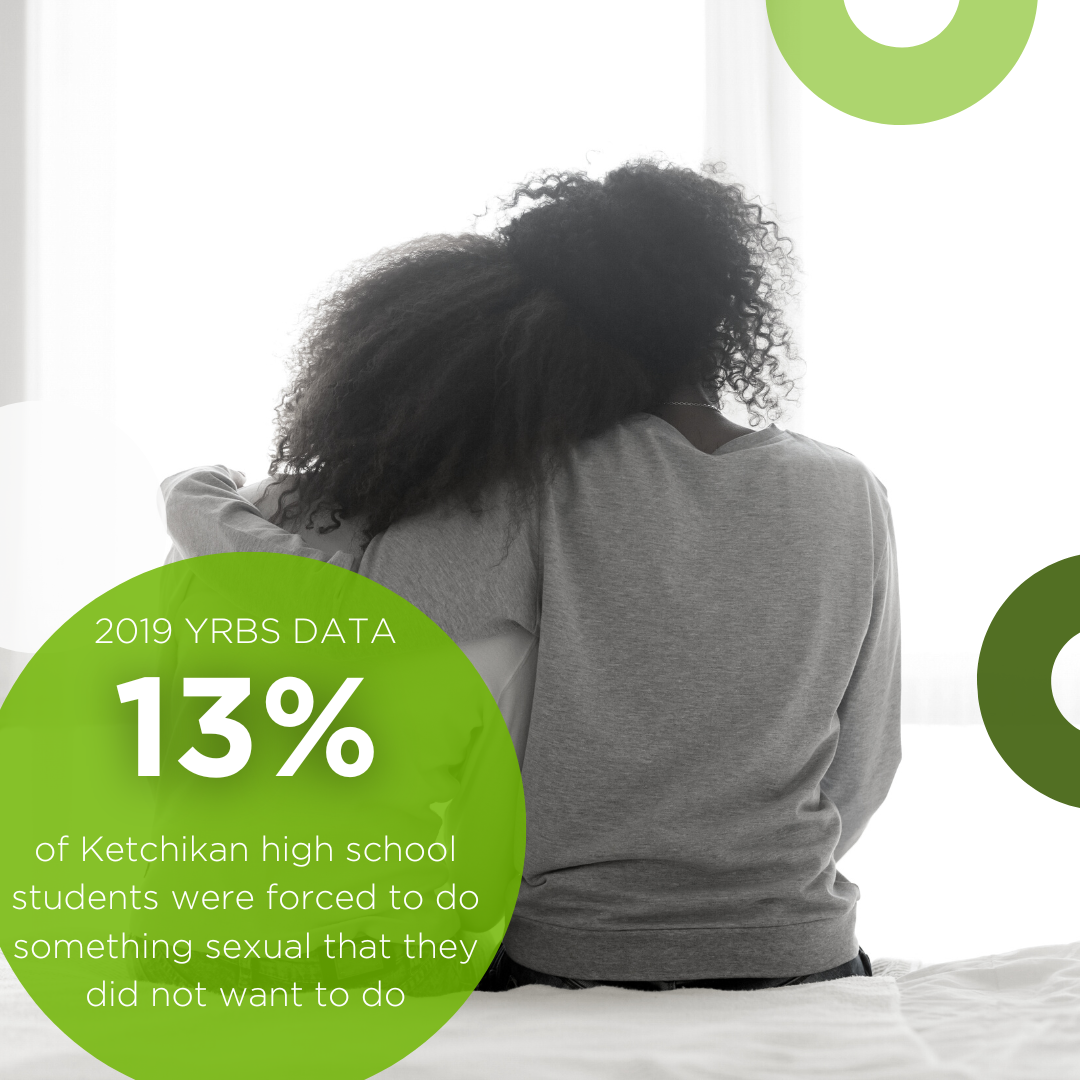Preventing Teen Dating Violence: A Peer to Peer Approach
Written with help from J.D. Martin, Prevention and Education Coordinator at WISH (Women in Safe Homes)
Content Warning: discusses teen dating violence
“I’ve seen or heard of kids experiencing toxic and unhealthy relationships as young as 6th grade. Educating and teaching kids about dating violence is vital to their understanding of how they should be treated in a healthy relationship and how they should treat others when it comes to the time that they start differentiating the difference between a platonic relationship and a romantic one. The more we educate kids on this topic the more lives we can make an impact on and help them better understand healthy boundaries in a relationship.”
Teen dating violence can impact youth and shape the trajectory of their relationships for years to come. Like other Adverse Childhood Experiences, teen dating violence can harm teenagers’ physical and mental health when not buffered by supports and resources In the short term, victims of teen dating violence are more likely to*
experience depression and anxiety symptoms
engage in unhealthy behaviors, like using tobacco, drugs, and alcohol
exhibit antisocial behaviors, like lying, theft, bullying, or hitting
think about suicide
These outcomes are scary, but there are plenty of steps we can take to prevent teen dating violence and help the youth impacted. Identifying and fostering healthy boundaries and behaviors, learning to communicate needs, and knowing when to turn to a trusted adult are the critical skills that youth can use to prevent dating violence. Fortunately for high school students in Ketchikan, WISH's (Women in Safe Homes’) new Ketchikan Youth Peer Education (KYPE) program gives teens those skills.
A novel approach to violence prevention, the Ketchikan Youth Peer Education (KYPE) Internship offers teens the opportunity to provide education, training, and support to their peers under the direction and guidance of trained WISH staff. Peer education is a particularly effective way to educate youth on healthy relationships, as youth are far more likely to seek support from other youth than from adults. WISH’s trained youth peer educator interns are a critical source of information on healthy relationships, teen dating violence, sexual assault, and the local resources available to youth in need.
Among Ketchikan High School students in 2019, nearly 13% of students were forced to do something sexual that they did not want to do; and 8% were physically hurt on purpose by someone they were dating in the past year. (2019 Youth Risk Behavior Survey)
In addition to increasing the likelihood of experiencing physical and mental health issues, dating violence also increases the chances someone will experience more violence later in life. To effectively prevent teen dating violence, it’s crucial to reach teens in a variety of settings. As teens themselves, KYPE interns are able to spread the word about healthy relationships and teen dating violence in settings where adults are not available to provide guidance and oversight. Peer educators are expected to walk the walk by modelling non-violent behavior in their daily lives and supporting a violence-free community to the best of their abilities.
So far in 2022, KYPE Interns have:
assisted staff in updating all of WISH’s high school in-class healthy relationship lessons
facilitated a total of 14 lessons in the 9th grade health class at Ketchikan High School
partnered with the Ketchikan Youth Alliance to host 2 educational workshops on teen dating violence for a total of 39 youth participants
partnered with Ketchikan High School to host a “Wear Orange Day” for Teen Dating Violence Awareness Month in February and encouraged their peers to bring awareness to the issue by wearing orange
distributed canvas tote bags printed with national teen dating violence hotline (Loveisrespect) phone number to approximately 300 peers
Where Does ACT come in?
WISH has tried to start a peer education program several times in the past. However, funds from ACT have made all the difference for the program, by enabling WISH to provide stipends to their hardworking interns! Providing a monetary incentive to the interns makes the internship more accessible to youth who need an income, while also providing them with leadership skills, connecting them with supportive adults, and empowering them to create meaningful change in their community for the benefit of their peers.
About ACT Grants:
At Alaska Children’s Trust, we believe in the strong role communities play in the prevention of child abuse and neglect, and we know that to be effective in achieving our mission, we must ensure that prevention is community-led and driven. To equip our state with the tools and supports necessary to ensure our children live in safe, stable, and nurturing environments, Alaska Children’s Trust is committed to investing in communities across Alaska. Each year, Alaska Children’s Trust selects organizations from across the state doing work to prevent child abuse and neglect as grant recipients. Geographically widespread and with missions ranging from delivering early childcare to parenting classes, our grantees work hand in hand with us in 3 focus areas:
early childhood development,
building community resilience,
and empowering youth.
Learn More or Get Involved:
To learn more about Alaska Children’s Trust’s grants, click here.
In Ketchikan and know a youth who may be interested? Apply here. Youth who want to be involved are required to be between the ages of 14-19, and enrolled in a high school (or equivalent educational program) in Ketchikan.







